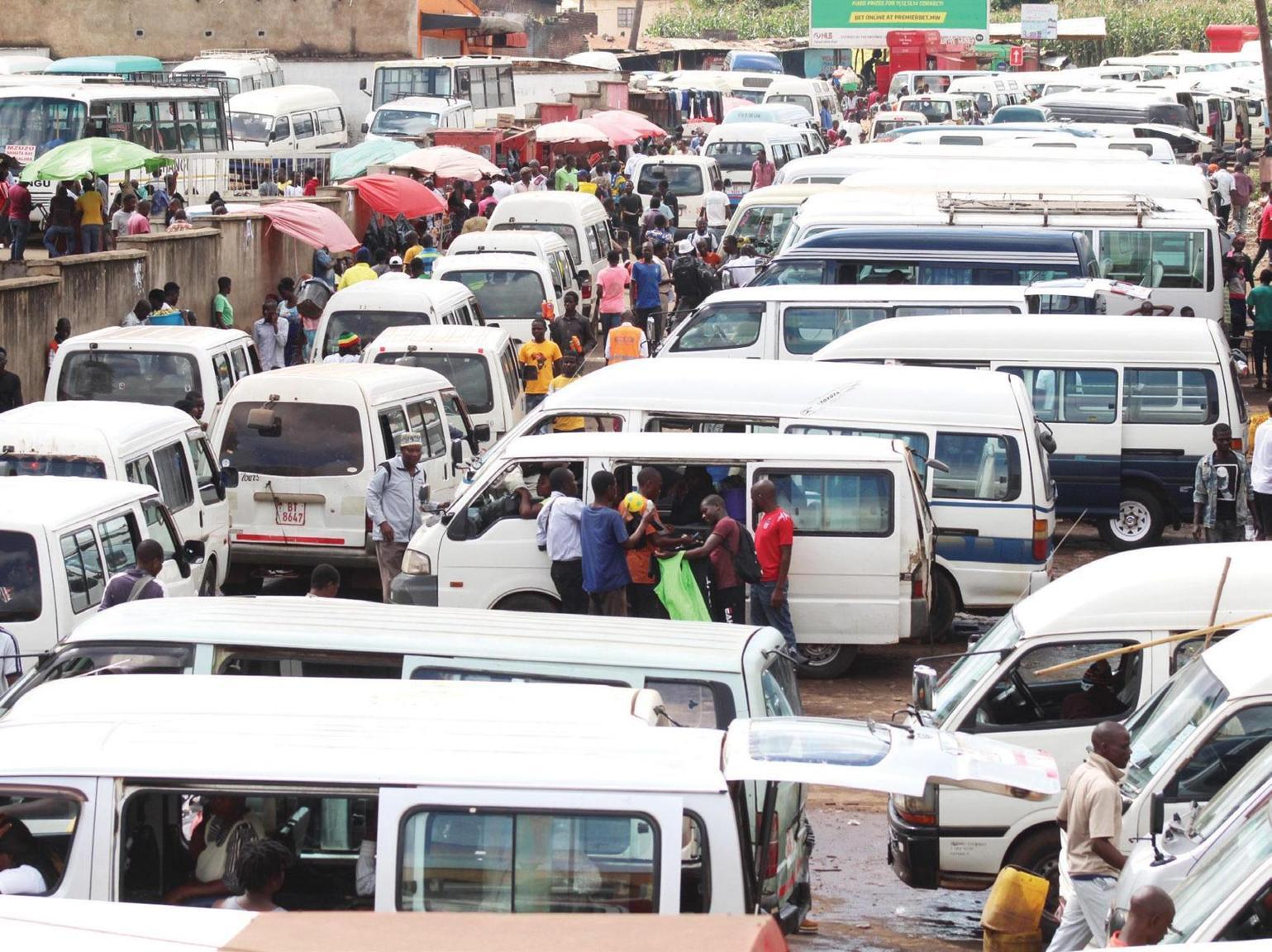Africa-Press – Malawi. How touts and ‘Eni Migodi’ gangs hijacked councils’ control and tax mandate, harassing minibus drivers, abusing passengers and making this transport sector ungovernable
Across Malawi’s cities, chaos have taken root in the public transport sector.
Two groups — known as the Eni Migodi syndicate and tout gangs — are illegally collecting money from kabaza operators, minibus drivers and other motorists causing fear and confusion.
These groups are operating at many minibus ranks and pickup points in places like Lilongwe, Blantyre, and other towns.
They demand daily cash payments from minibus drivers, often without giving any receipts or having legal authority to do so.
One of the drivers who commutes between Nsungwi via Area 49 to Lilongwe City Old Town, Isaac Mmadi, testified how the gangs are controlling everything.
“They choose where you park, how much you charge, and punish any driver who refuses to listen. Even the police seem afraid of them,” Mmadi said
He further said the gangs shout at passengers and force them into certain minibuses, while others report that drivers are beaten or have tyres of their vehicles slashed for not following the touts’ rules.
In Lilongwe alone, an estimated 1,000 minibuses pay an average of K2,000 each day to touts — which adds up to about K2 million per day and close to K100 billion every year.
That money goes unrecorded and untaxed, while the city council loses out on funds that could improve roads and minibus ranks.
The Eni Migodi syndicate has also been reported in various towns, where they demand cash from drivers.
Minister of Transport Jacob Hara said the gangs are operating illegally.
“That’s illegal. We will flush it out,” Hara said.
One of Mgodi operators who refused to be identified explained that the system has been there for years and individuals who others claim to be connected to political parties run the hubs.
“The malpractice has been there during the Democratic Progressive Party (DPP) rule, then came the People’s Party (PP) and the DPP again and now the MCP; the bosses change when there is a new government.
“We are surviving through this; this is our business,” he said.
He further said many people have discovered this way to make easy money; hence, they are now creating more parking hubs around towns.
These gangsters also collect money from motorists on some roads in the cities for them to pass. An example is the Dudu- Area 36 road in Lilongwe.
Questions have been raised: Who gave these people permission to collect money? Where is the money going? Are officials or politicians secretly supporting them?
CHAFUNYA—The migodi system is worse this time aroundLilongwe City Council spokesperson Tamara Chafunya told Malawi News that the issue is controversial.
She said this challenge comes from the time when callboys were recognised by the bus and minibus owners, “with the evolving transport system in Malawi, where public transport has seen an increase in various categories of taxis while the number of buses and minibuses is decreasing.”
“The migodi system is now worse this time around because it is no longer restricted to bus depots and major taxi ranks. It has now spread to almost every rank, including kabaza taxi ranks, posing a huge risk of revenue loss for the council.
“Worse still, the difference between the previous migodi and the current one is that previously, councils used to share revenue collection with Eni migodi, but now they seem to be completely dominating, removing the council,” Chafunya said.
She said the current migodi system is also taking advantage of lack of recognition of some taxi ranks, calling them illegal and not collecting anything from such illegal sites.
At the same time, the ‘Eni migodis’ capitalise on this weakness to take over and own such migodi.
Chafunya said currently, the council has started organising and allocating recognised kabaza ranks that will be registered and recognised by the council, and members will be paying to the council.
This should be extended to taxis in due course, she said
For More News And Analysis About Malawi Follow Africa-Press






